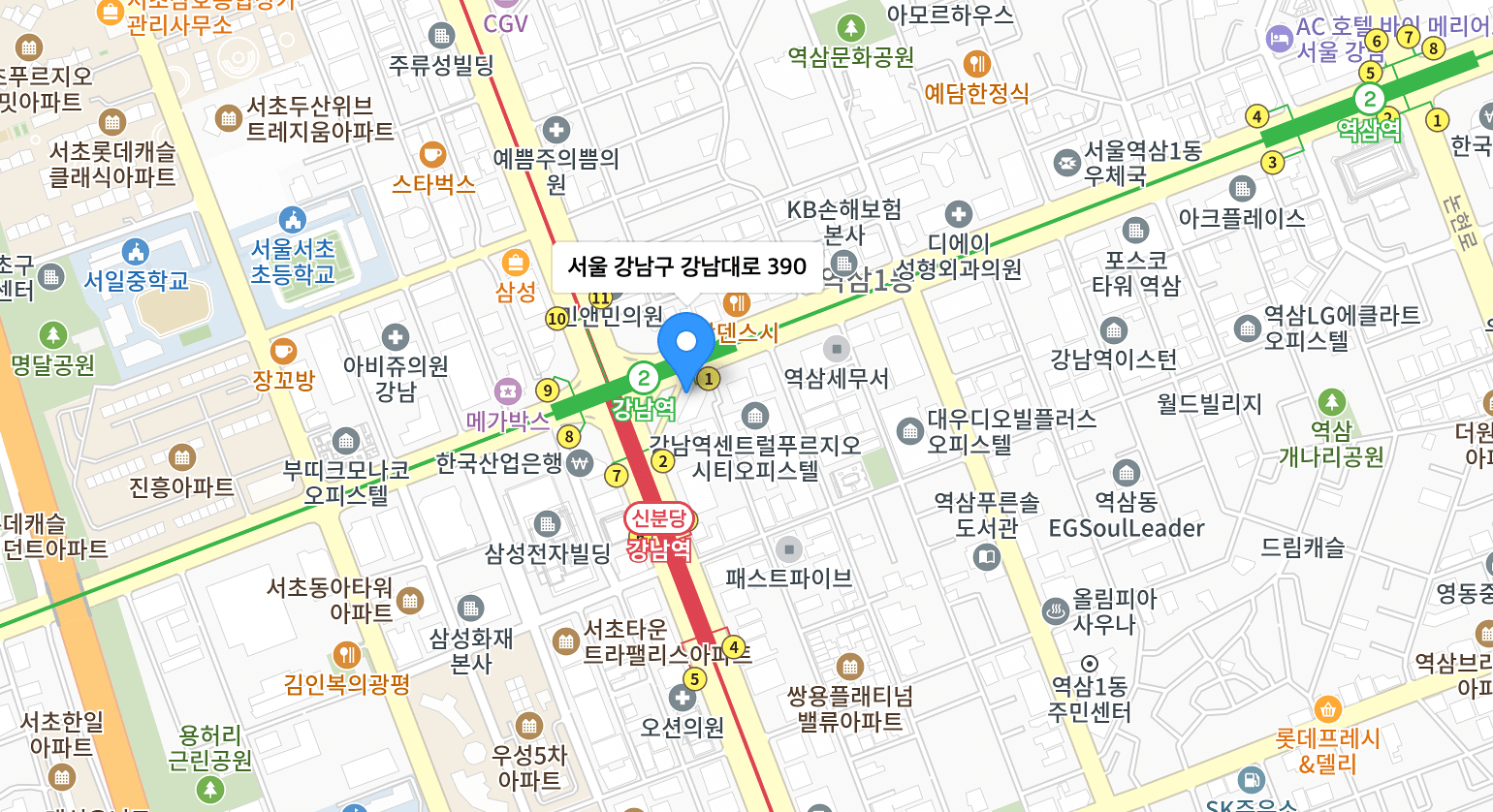Hormone Replacement Therapy (HRT) in Korea
What Is Hormone Replacement Therapy?
Hormone Replacement Therapy (HRT) is a medical treatment used to supplement declining hormone levels, typically in women experiencing menopause or perimenopause. It is also used for men with low testosterone and in specific medical conditions like premature ovarian insufficiency (POI).
HRT helps alleviate symptoms caused by hormonal imbalances, such as hot flashes, mood swings, sleep disturbances, and vaginal dryness.
Who Can Benefit from HRT?
HRT is suitable for:
- Women experiencing menopause or perimenopause symptoms
- Individuals with premature ovarian failure
- Women who have undergone hysterectomy or oophorectomy
- Men with low testosterone levels (male HRT)
- Patients seeking hormonal balance for specific medical conditions
Types of Hormone Replacement Therapy
Estrogen Therapy
- Prescribed for women who have had a hysterectomy.
- Relieves symptoms like hot flashes, night sweats, and vaginal dryness.
Combined Estrogen-Progesterone Therapy
- Recommended for women with an intact uterus to prevent endometrial cancer.
- Balances estrogen’s effects on the body while protecting the uterine lining.
Testosterone Replacement Therapy (TRT)
- For men with low testosterone levels, often due to aging (andropause).
- Improves energy, mood, libido, and muscle mass.
Bioidentical Hormone Therapy
- Uses plant-derived hormones that are chemically identical to those produced by the body.
- Often available in customized formulations (creams, gels, or capsules).
HRT Methods Available in Korea
- Oral tablets
- Transdermal patches
- Topical creams or gels
- Vaginal rings or tablets (for local symptoms)
- Injections (for testosterone replacement)
Cost of HRT in Korea
HRT costs in Korea vary depending on the type of therapy and dosage. On average:
- Initial consultation and hormone testing: 100,000 to 300,000 KRW
- Monthly HRT prescription: 50,000 to 150,000 KRW
- Testosterone replacement therapy (injections): 100,000 to 300,000 KRW per session
Recovery and Aftercare
- Regular follow-ups (every 3–6 months) are essential to monitor hormone levels and adjust dosages.
- Periodic blood tests help assess overall health, including liver function, lipid profile, and hormone balance.
- Side effects, if any, should be reported to the doctor immediately.
Benefits of HRT
- Alleviates menopause and perimenopause symptoms
- Improves sleep quality and emotional well-being
- Helps maintain bone density and reduce osteoporosis risk
- Supports skin and vaginal health
- Restores energy, libido, and mood stability
Risks and Considerations
- Possible risks include blood clots, stroke, breast cancer (for certain populations), and gallbladder issues.
- Individual risk factors must be assessed during consultation.
- HRT should be prescribed and monitored by a qualified gynecologist or endocrinologist.
Hormone Replacement Therapy in Korea is delivered by experienced specialists using advanced diagnostic tools and personalized treatment plans. Patients are encouraged to discuss their medical history, goals, and concerns during consultation to determine the most suitable HRT approach.

